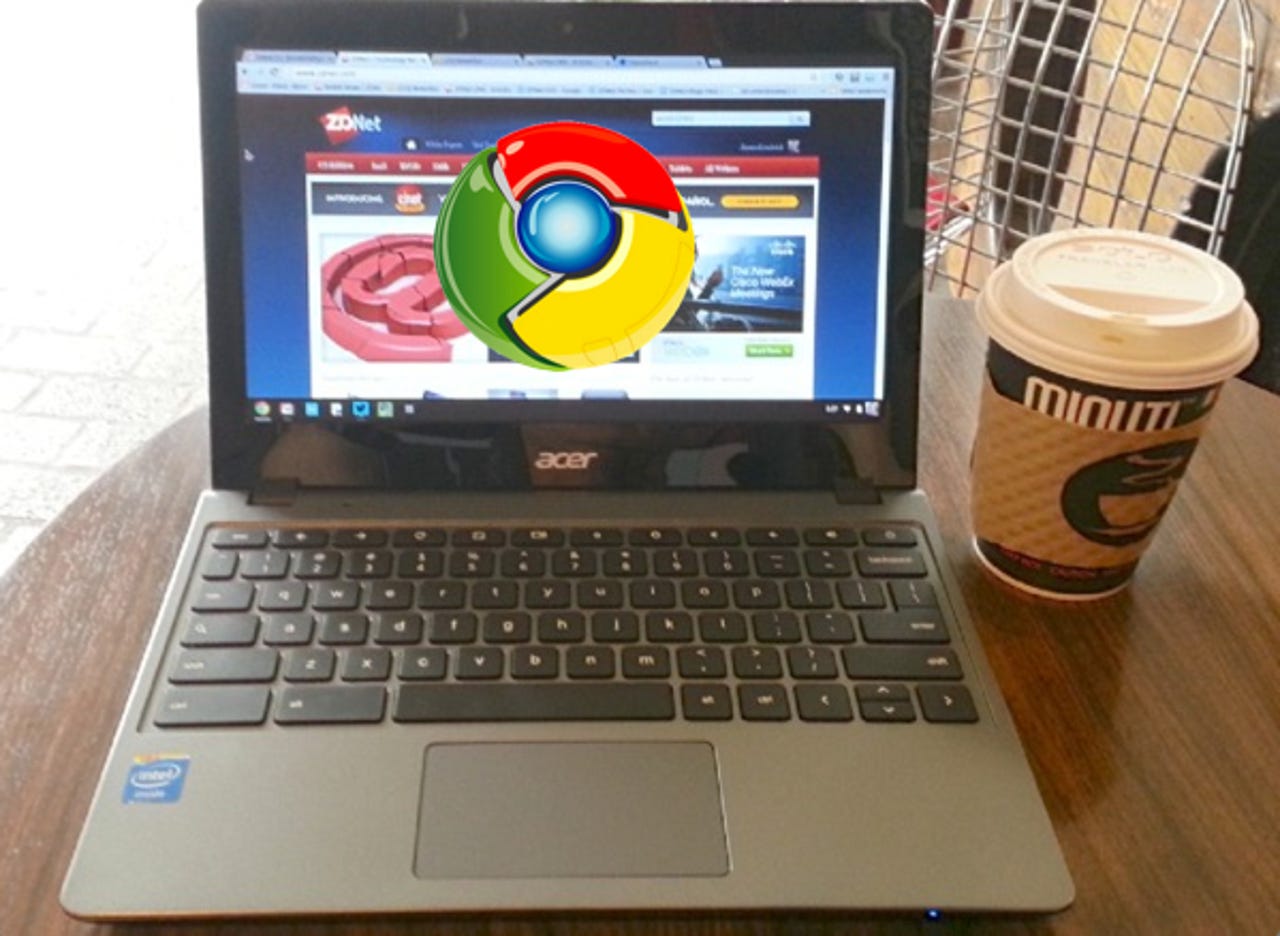Chromebooks: Going offline to compete

When Google first introduced Chrome OS that powers Chromebook laptops, if you were not able to get online it was pretty much a brick. That changed quickly as Google started making its apps usable offline, and then some major third-party apps followed suit. This was particularly useful on flights, as Chromebook users could continue to work, even before wifi in the sky became commonplace.
Today quite a few apps work offline; there's even a section in the Chrome Web Store that makes them easy to find. This improvement, coupled with the fact that like PCs and Macs users are rarely offline, make Chrome work like most platforms. Google isn't content with this, and recently mandated that legacy packaged apps must go away by the end of the year, and will get kicked out of the store.
Tech Pro Research
Legacy packaged apps don't have to work offline, and that's a problem for Google. There is a continuing confusion about Chrome OS working offline due to the apps that require an active connection to work. Forcing developers to make these apps work offline if they want them in the Chrome Web Store will help eliminate the confusion.
From the Chromium Blog:
Starting today, no new legacy packaged apps can be published in the Chrome Web Store. In December, all existing legacy packaged app listings will be removed from Chrome Web Store’s search and browse functions. Existing legacy packaged apps can be updated until Chrome stops loading them in June of 2015.
Getting legacy packaged apps updated to full Chrome apps has an additional advantage, as it means they willl use the latest APIs. This will ensure Chrome apps have the latest security precautions over the older legacy apps.
Once all standalone apps work offline in Chrome, the playing field will be leveled with OS X and Windows. Chromebook owners will go to the app store, get an app, and install it. There will be no concern as to whether it will work offline since all apps in the store will work while disconnected.
This isn't a huge change since many apps already work offline. It is a big change in perception to the many critics of the Chromebook who thought that Chrome OS couldn't do anything offline. Soon they will have to admit that Chromebooks are just as useful offline as Macs and PCs. When was the last time a Mac or PC was offline, anyway?
It will be interesting to see how many Chrome developers choose to make the effort to update legacy apps. The risk to Google is that a number of them might decide to abandon the platform rather than expend the time and resources to bring apps within spec.
Additional Chromebook coverage:
- Chromebooks: Stuck between a rock and a cheap place
- 11 tips and tricks for the Chromebook
- Acer C720P Chromebook (hands on): Touch at a reasonable price
- Day one with the Acer C720 Chromebook
- Acer C720 Chromebook first impressions: Fast and cheap
- Chromebooks: Unlikely battlefield for Intel vs. ARM
- HP Chromebook 11 hands on: Distraction-free writing with vivid display
- Google announces new Chrome devices from Acer, Asus, HP, and Toshiba
- Chromebook Pixel: One of the best laptops I've used
- Acer unveils first Chromebook with Haswell for $249
- Chromebook Pixel: 5 tips and trick
- Chromebook Pixel hands on (photos)
